From Bias to Inclusion: How Gen Z’s Fight Against “Beauty Norms” Has Reshaped The M’sian Industry
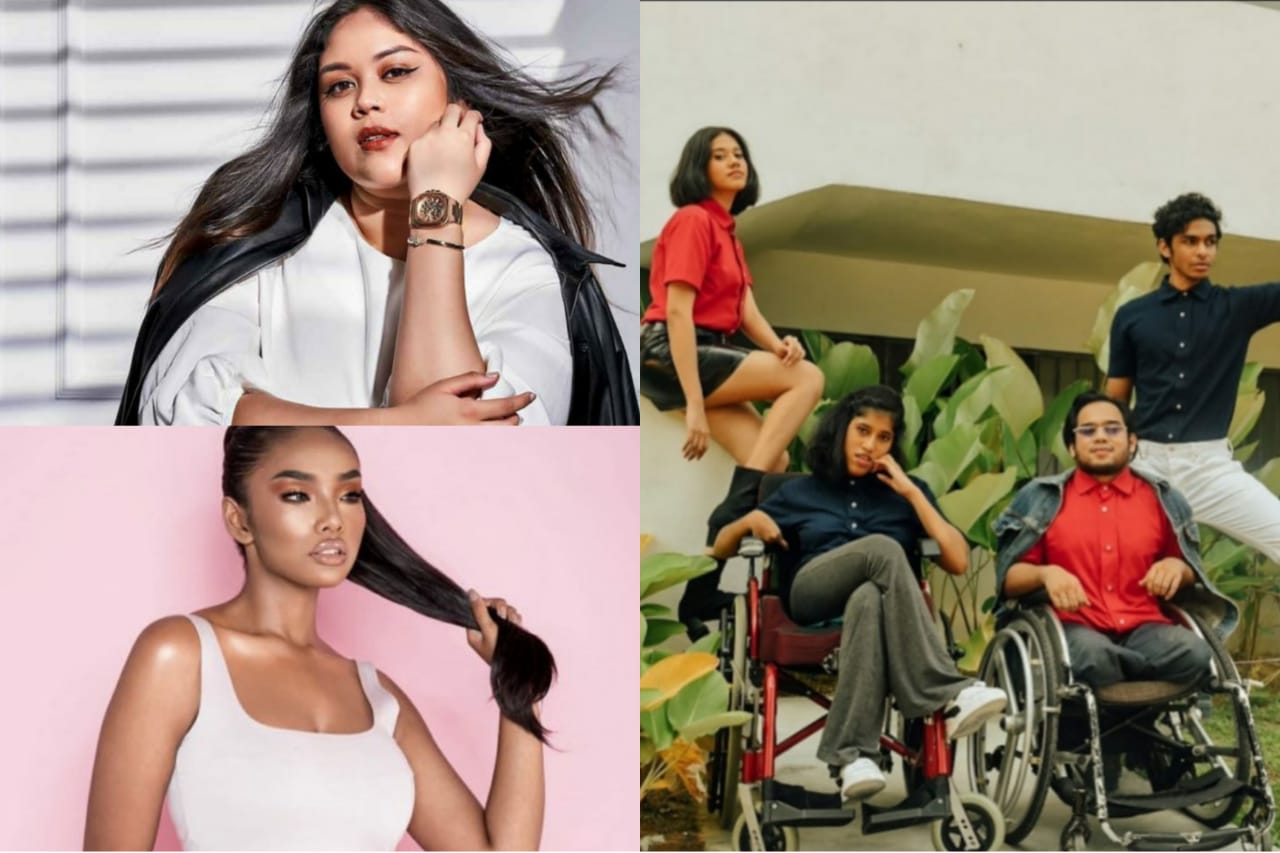 Thirsty for JUICE content? Quench your cravings on our Instagram, TikTok and WhatsApp
Thirsty for JUICE content? Quench your cravings on our Instagram, TikTok and WhatsApp
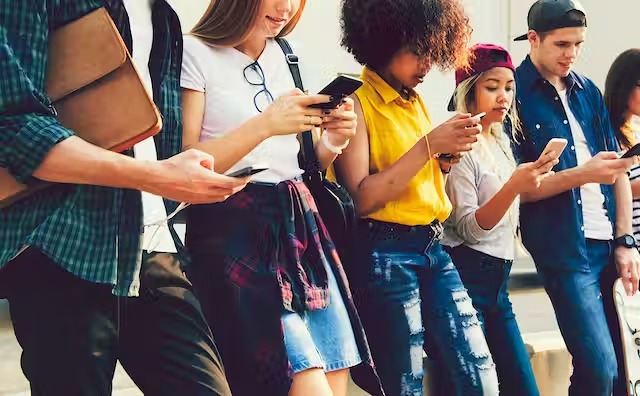
The determination of Gen Z to shut down social conventions and tear down boundaries has drawn prominence. They have modernised the idea of beauty by eschewing restrictive criteria based on circumference and Eurocentric ideals.
As the first digitally native generation, Gen Z has harnessed the power of social media to advocate for inclusivity, diversity, and authenticity. They demand representation and products that cater to diverse skin tones, body types, and gender identities.
Although “cancel culture” has moral ramifications, Gen Z’s goal of inclusivity has resulted in a more diverse selection of models on catwalks and cosmetic options. The beauty industry has also been impacted by Gen Z’s ardent support for social and environmental causes. They give preference to companies that share their ideals of openness, sustainability, and moral conduct, which forces the makers of cosmetics to reassess their product lines, packaging, and environmental impact.
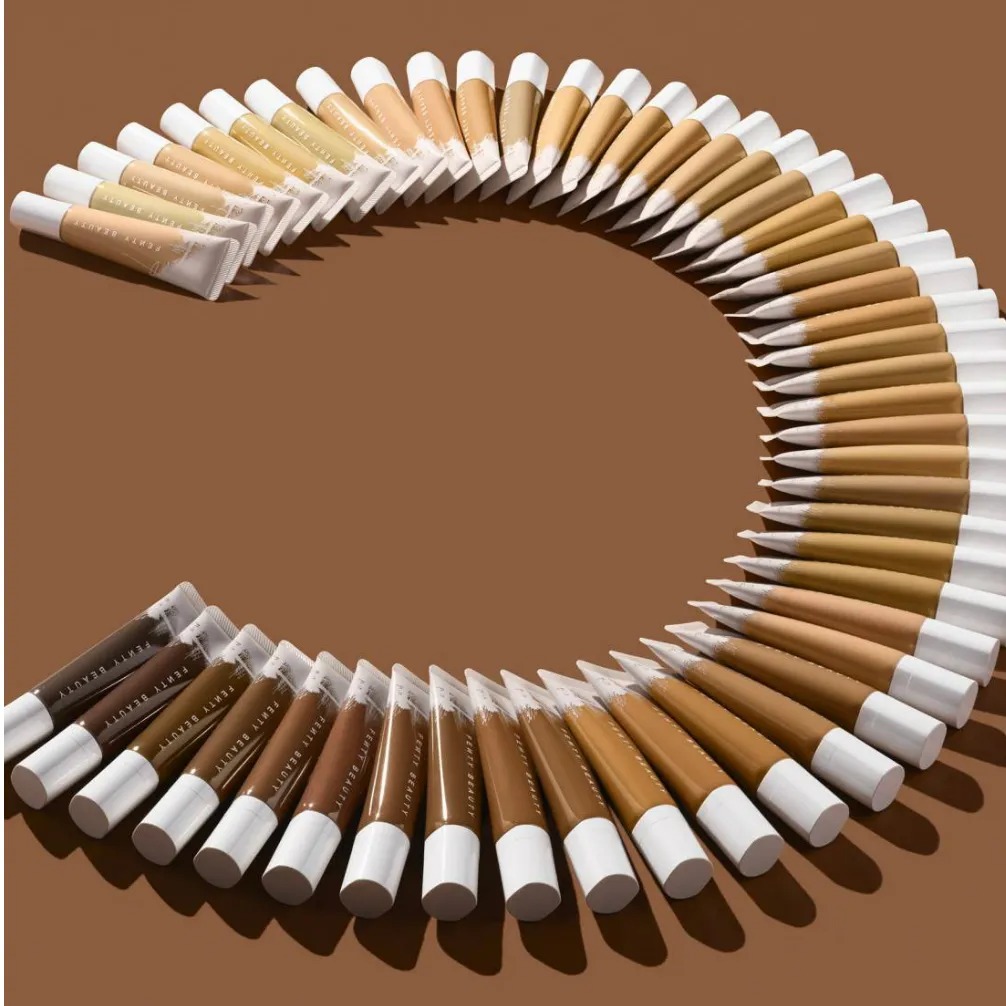
Usually, when we speak of inclusive beauty efforts in today’s marketing era, brands such as Fenty Beauty come to mind. Widely renowned as Rihanna’s cosmetic line, the brand attracted a lot of attention from Gen Z who praised it for its large shade selection that accommodates a variety of complexion tones. The company’s inclusive philosophy and dedication to diversity established new benchmarks for the cosmetics sector and compelled other companies to follow suit.
However, in Malaysia, Gen Z’s influence goes beyond merely impacting well-known brands. Young entrepreneurs may now build beauty businesses that are specifically suited to the varied preferences of their peers thanks to the rise of independent cosmetics brands and the democratisation of the industry, which has been made possible by social media and e-commerce.
Here are some real-life examples which highlight the impact of Gen Z in Malaysia, promoting inclusivity, diversity, sustainability, and self-acceptance within the beauty industry:
The True Complexion Project
The Malaysian grassroots effort called ‘True Complexion’ is devoted to those who deal with diversity in their daily lives. The project exhibits images of individuals with disabilities, illnesses, mental health difficulties, and body image problems.
Rozella Marie Mahjhrin, the founder of the initiative, is a musician, speaker and an award-winning advocate for diversity, inclusion and mental health.
The initiative invites people from various backgrounds to submit or share photos that reflect their ancestry, culture, skin tone, and other prominent differences. This project encourages diversity and repudiates the prevailing “ideals” of beauty – and it’s just one of many that exist in Malaysia’s current climate.
Hijabi beauty
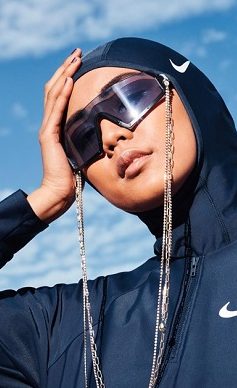
The emergence of hijabi beauty influencers in Malaysia, such as Dina Nadzir and Naelofar, has liberated Muslim women and questioned accepted notions of beauty. These influencers promote inclusivity and self-expression by showcasing a wide variety of beauty styles and techniques that are tailored to hijabi women.
Local beauty brands
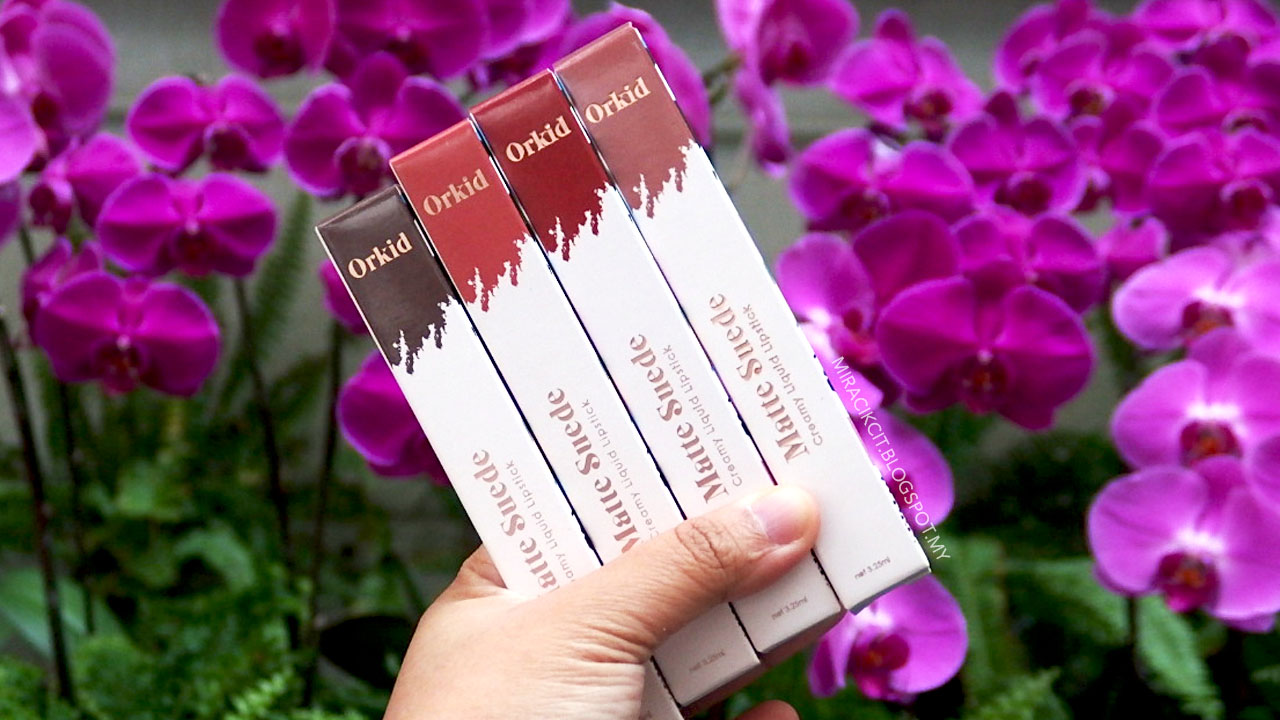
Small beauty business have also joined the conversation of inclusive beauty in Malaysia, with close attention to rejecting traditional beauty advertising while paying mind to environmental concerns. Brands such as Orkid Cosmetics and Prettysuci as well as Desi Rose Cosmetics are pioneers of this, with an extensive range of makeup products, specifically designed to suit various skin tones, including deeper shades – and a strong emphasis on sustainability and ethical practices.
Honouring all types of public figures
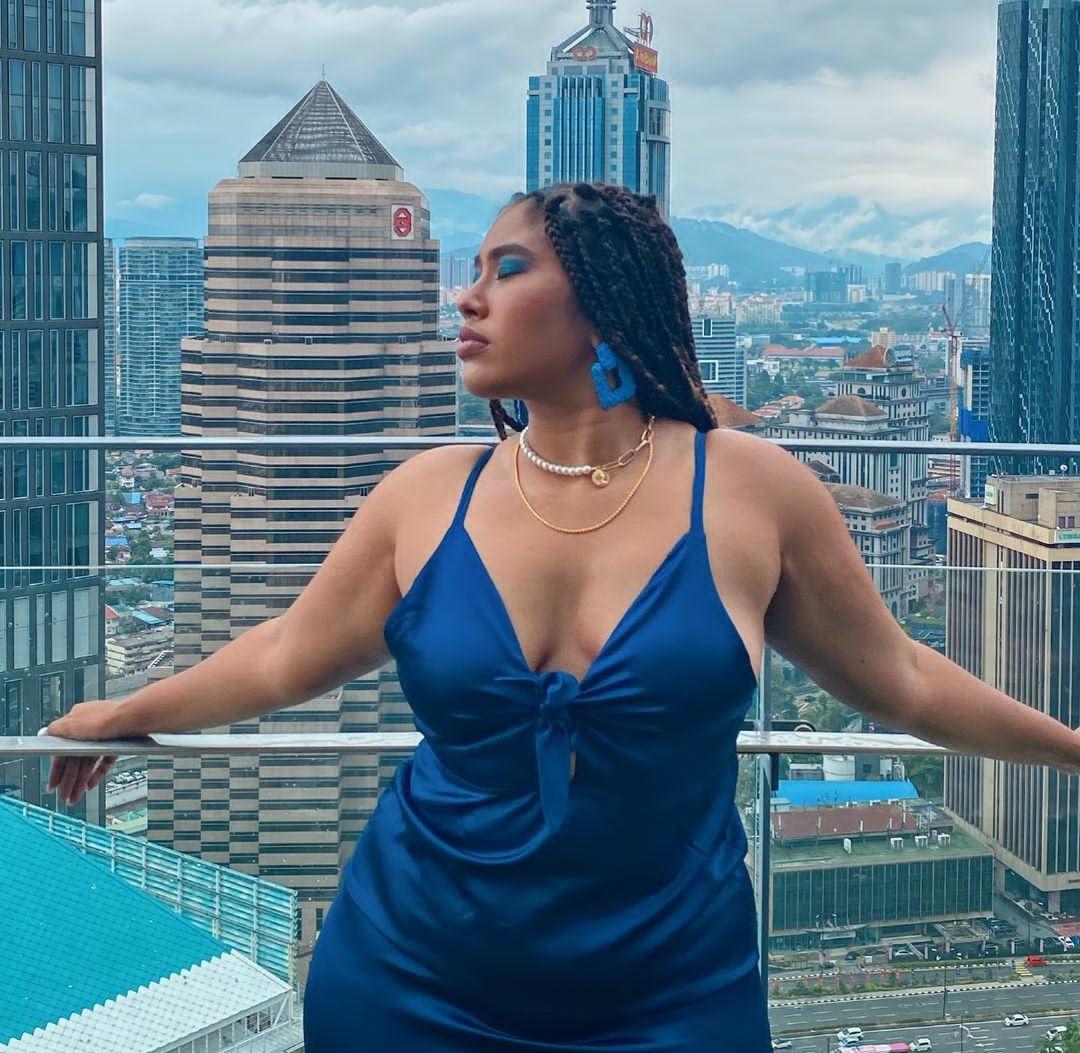
There has been a noticeable change in Malaysia towards honouring and recognising public personalities from many backgrounds, including those who are plus size or face physical disabilities. This adjustment is a step in the right direction in terms of questioning traditional beauty standards and fostering inclusivity.
Plus-size people are becoming more frequently depicted in television programmes, motion pictures, and advertising campaigns in the entertainment business, recognising their talent and value regardless of body type.
This encourages body positivity and highlights the fact that talent and beauty may take many different shapes. Additionally, Malaysia has worked to challenge prejudices and highlight the accomplishments of disabled people in a variety of fields, including activism, entrepreneurship, athletics, the arts, and the performing arts. By including models with impairments in runway shows and advertising campaigns, Malaysia’s fashion industry has embraced inclusivity and shown that style and beauty are not constrained by physical limitations.
Anti-ageism is the new anti-ageing
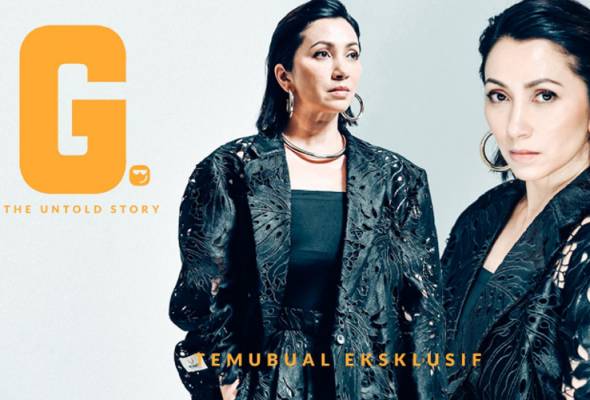
In a similar vein, Gen Z is slowly combating ageism by recognising beauty at every stage of life among Malaysians.
By adopting a more inclusive definition of beauty that includes people of all ages, they are rejecting the notion that beauty is primarily associated with youth. Through their online forums and discussions, they are promoting self-acceptance and encouraging people of all ages to feel confident and beautiful.
In recent years, there has been a growing recognition of the importance of showcasing people of all ages in marketing campaigns, TV shows, and films.
Older folks have begun to appear in advertisements for Malaysian brands and advertising agencies, reflecting the diversity of the country’s population and dispelling the myth that youth alone are the only demographics linked with beauty and attractiveness. These businesses are promoting a more inclusive and accurate representation of beauty and attractiveness by featuring older individuals in their promotional materials.
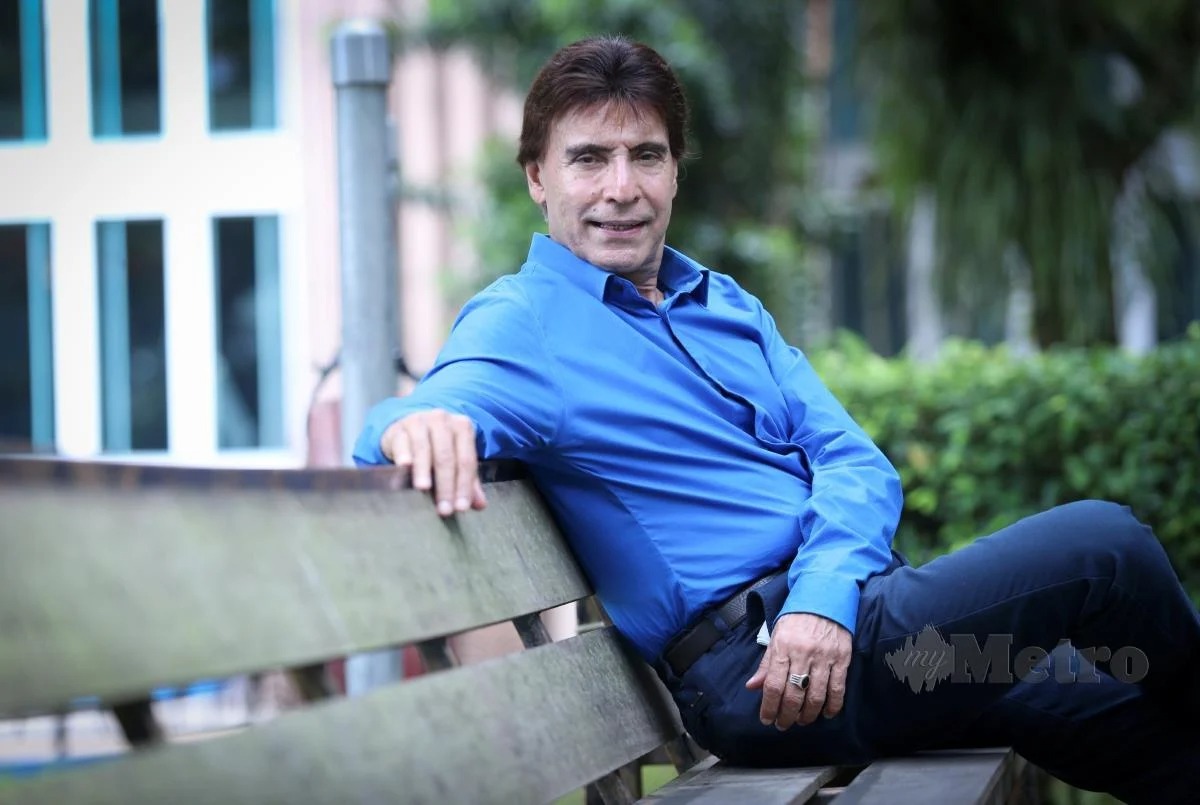
Of course, Malaysians also continue to honour the legacies of profound faces in the entertainment industry, revering their successes, acts of kindness, and the general impact made by the older generations to our local scene for decades beyond.
The greatest aspect is that these initiatives highlight that people have the right to their own bodies rather than being oppressive or one-sided. It does not convey the idea that getting cosmetic operations done to ‘reverse’ the ageing process is improper or dishonourable. Instead, it teaches people that there is more to beauty than just a single quality, trait, or appearance.
Though there is always room for improvement, Gen Z’s message has been centered around body autonomy and self-expression – and as we continue to incorporate that belief into our products and daily routines, may we keep the conversation going and strive to empower people of all backgrounds and physical attributes.
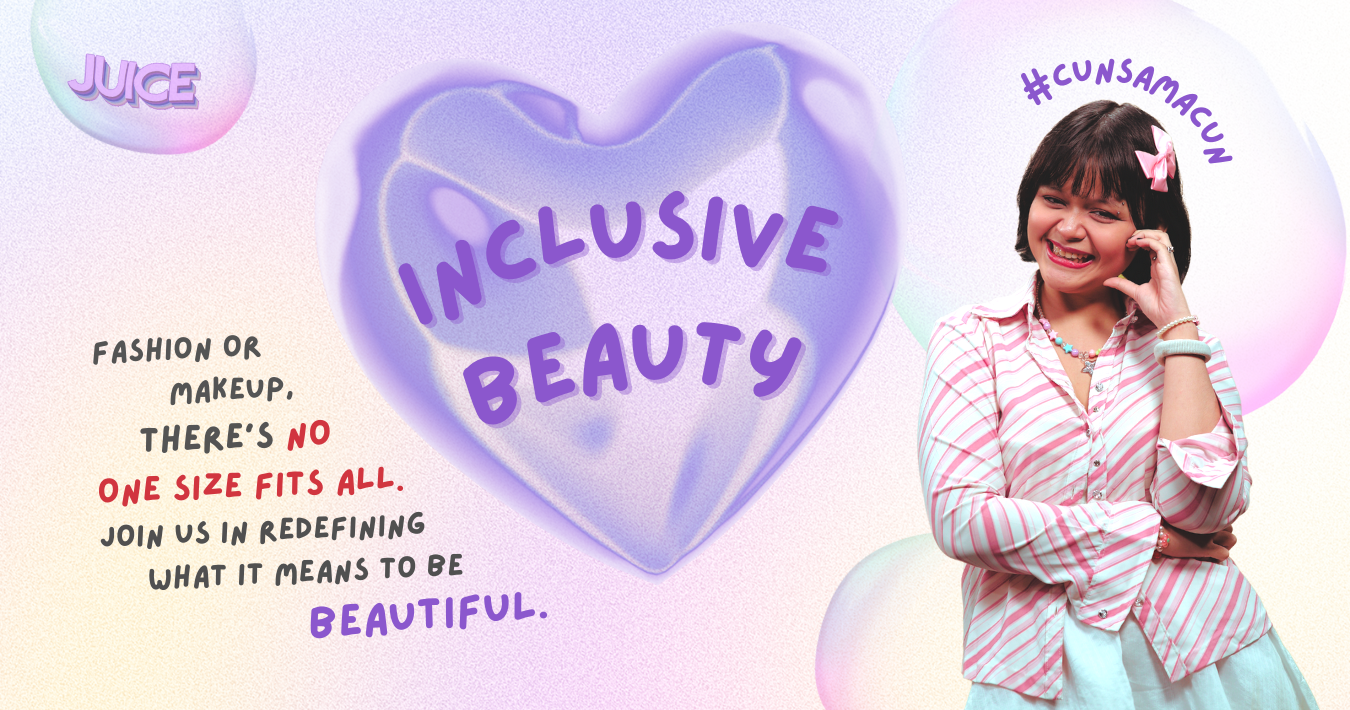


 Get Audio+
Get Audio+ Hot FM
Hot FM Kool 101
Kool 101 Eight FM
Eight FM Fly FM
Fly FM Molek FM
Molek FM